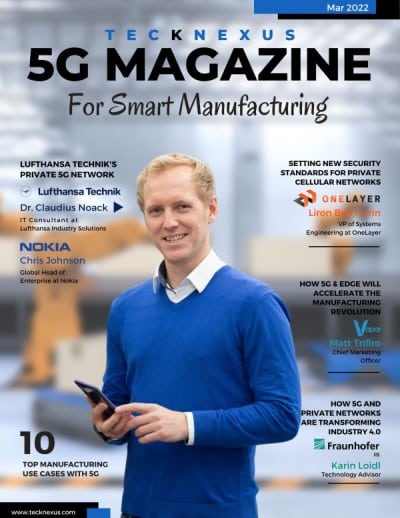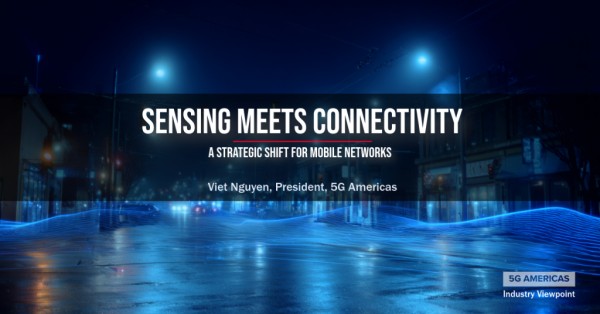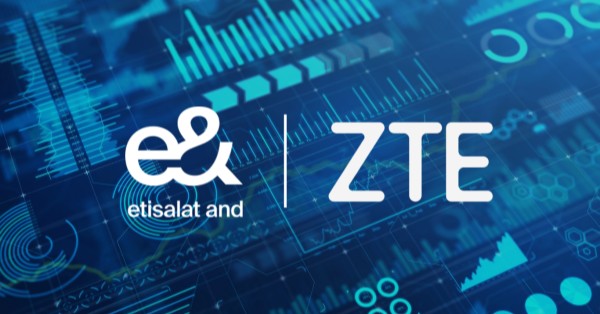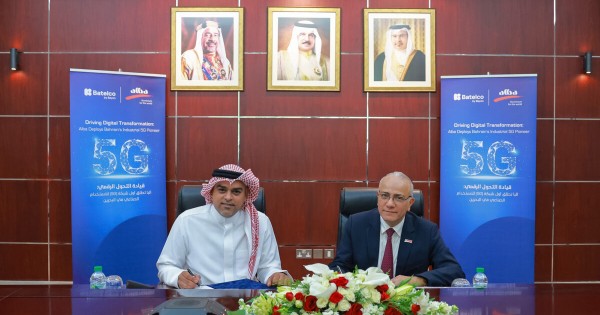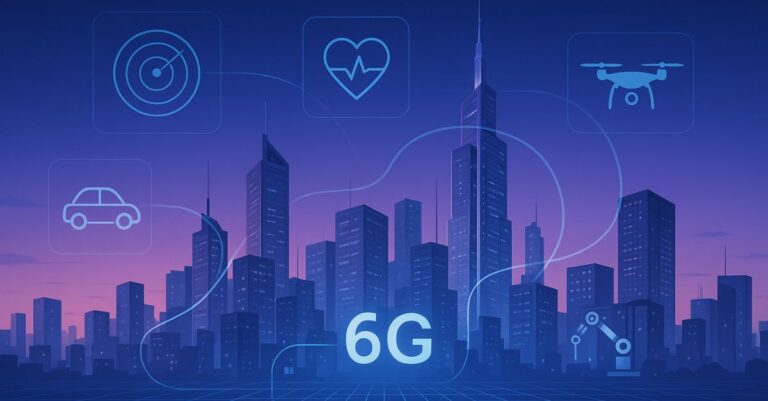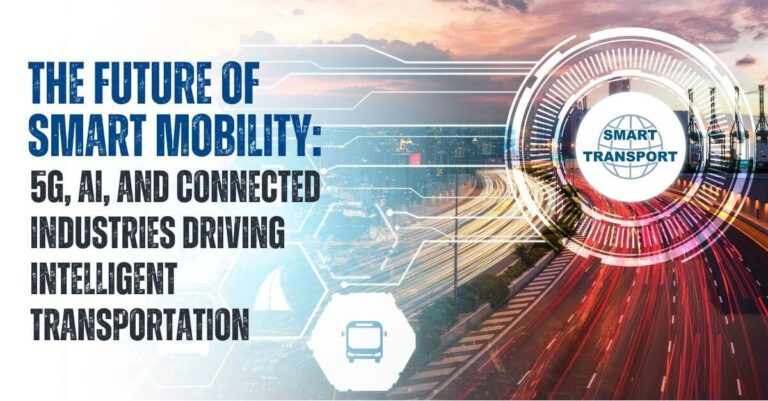India’s Department of Telecommunications (DoT) has renewed its effort to gauge industry appetite for directly assigned spectrum to set up private 5G networks. This latest move revives an earlier plan that had lost momentum due to device ecosystem limitations and concerns raised by mobile operators.
Fresh Demand Survey for Private 5G Spectrum by India's DoT
On June 30, the DoT issued a notifica…
Home » Industrial Automation
Industrial Automation
Essential insights and practical tools for navigating private networks. Get Details.
Available on Amazon & Google Books
Subscribe To Our Newsletter
- Tech News & Insight
- July 2, 2025
- Hema Kadia
India’s Department of Telecommunications (DoT) has relaunched its plan to directly allocate spectrum for private 5G networks. The new demand study invites large enterprises and system integrators to signal interest in dedicated spectrum for captive 5G setups. If approved, this policy could enable Indian industries to run secure, high-speed networks without fully relying on telecom operators.
- Tech News & Insight
- July 1, 2025
- 5G Americas
- Tech News & Insight
- June 27, 2025
- Hema Kadia
- Usecase
- June 23, 2025
- Hema Kadia
ZTE and e& UAE have completed a successful Private 5G Network trial, showcasing high uplink speeds, multi-band adaptability, and ZTE’s NodeEngine Edge Computing platform. This trial enables rapid deployment, stronger enterprise connectivity, and practical use cases for smart industries, aligning with the UAE’s goal of becoming a digital innovation leader.
- Tech News & Insight
- April 26, 2025
- Hema Kadia
Batelco by Beyon and Nokia are partnering to launch Bahrain’s first private 5G network at Aluminum Bahrain (Alba). The network will drive smart manufacturing through real-time monitoring, automation, and AI-driven analytics—paving the way for Alba’s digital transformation and advancing Bahrain’s Industry 4.0 strategy.
- Tech News & Insight
- April 21, 2025
- Hema Kadia
ETSI has published its first ISAC report for 6G—ETSI GR ISC 001—highlighting 18 use cases across healthcare, public safety, automation, and mobility. The report dives into deployment scenarios, sensing modalities, and KPIs like fine motion accuracy and sensing latency. It also outlines security, privacy, and sustainability guidelines for real-world ISAC integration into 6G networks.
- Article & Insights
- April 10, 2025
- Hema Kadia
The future of manufacturing is intelligent, autonomous, and sustainable. Powered by private 5G networks, AI, and digital twins, smart factories are revolutionizing how goods are produced and maintained. From predictive maintenance to immersive virtual twins and AI-optimized energy systems, smart manufacturing is unlocking new levels of efficiency and innovation across industries—from ports and shipyards to agriculture and healthcare.
- Article & Insights
- April 10, 2025
- Hema Kadia
Smart mobility is reshaping how the world moves, powered by 5G, AI, and edge computing. From autonomous vehicles and real-time logistics to AI-driven drones and connected public transport, intelligent transportation systems are redefining urban mobility, logistics, and industrial automation. As global investment and collaboration grow, the transportation industry is transforming into a $11.1 trillion smart ecosystem focused on sustainability, efficiency, and connectivity.
- Article & Insights
- April 17, 2025
- Hema Kadia
AI Pulse: Telecom’s Next Frontier is a definitive guide to how AI is reshaping the telecom landscape — strategically, structurally, and commercially. Spanning over 130 pages, this MWC 2025 special edition explores AI’s growing maturity in telecom, offering a comprehensive look at the technologies and trends driving transformation.
Explore strategic AI pillars—from AI Ops and Edge AI to LLMs, AI-as-a-Service, and governance—and learn how telcos are building AI-native architectures and monetization models. Discover insights from 30+ global CxOs, unpacking shifts in leadership thinking around purpose, innovation, and competitive advantage.
The edition also examines connected industries at the intersection of Private 5G, AI, and Satellite—fueling transformation in smart manufacturing, mobility, fintech, ports, sports, and more. From fan engagement to digital finance, from smart cities to the industrial metaverse, this is the roadmap to telecom’s next era—where intelligence is the new infrastructure, and telcos become the enablers of everything connected.
Explore strategic AI pillars—from AI Ops and Edge AI to LLMs, AI-as-a-Service, and governance—and learn how telcos are building AI-native architectures and monetization models. Discover insights from 30+ global CxOs, unpacking shifts in leadership thinking around purpose, innovation, and competitive advantage.
The edition also examines connected industries at the intersection of Private 5G, AI, and Satellite—fueling transformation in smart manufacturing, mobility, fintech, ports, sports, and more. From fan engagement to digital finance, from smart cities to the industrial metaverse, this is the roadmap to telecom’s next era—where intelligence is the new infrastructure, and telcos become the enablers of everything connected.
- 5G, 6G, AI, API, AR, Automation, Edge/MEC, Monetization, Private Networks, Security, Sustainability, Telco Cloud
- Agility Robotics, Airtel, CBRS, China Mobile, Cohere, Deutsche Telekom, DoT, Etisalat, Europe, FinTech, India, KDDI, LEO, LTE, Mistral AI, MTN, Orange, Policy, Private 5G, Robotic, Telefonica, Telenor, Telstra, Vodafone
- Financials, Industrial Automation, Manufacturing, Ports, Sports & Events Venue, Transportation
- Tech News & Insight
- March 27, 2025
- Hema Kadia
Alcatel-Lucent Enterprise has launched its first Private 5G solution in partnership with Celona. This new offering enhances secure, low-latency connectivity across enterprise environments like manufacturing plants, ports, and campuses. Integrated with ALE’s OmniVista, OmniSwitch, and OmniAccess Stellar platforms, the network supports ultra-reliable industrial IoT applications and introduces advanced features like MicroSlicing, Aerloc, and Zero Trust Network Access.
Whitepaper
Telecom networks are facing unprecedented complexity with 5G, IoT, and cloud services. Traditional service assurance methods are becoming obsolete, making AI-driven, real-time analytics essential for competitive advantage. This independent industry whitepaper explores how DPUs, GPUs, and Generative AI (GenAI) are enabling predictive automation, reducing operational costs, and improving service quality....

Whitepaper
Explore the collaboration between Purdue Research Foundation, Purdue University, Ericsson, and Saab at the Aviation Innovation Hub. Discover how private 5G networks, real-time analytics, and sustainable innovations are shaping the "Airport of the Future" for a smarter, safer, and greener aviation industry....

Article & Insights
This article explores the deployment of 5G NR Transparent Non-Terrestrial Networks (NTNs), detailing the architecture's advantages and challenges. It highlights how this "bent-pipe" NTN approach integrates ground-based gNodeB components with NGSO satellite constellations to expand global connectivity. Key challenges like moving beam management, interference mitigation, and latency are discussed, underscoring...

Download Magazine
With Subscription
Subscribe To Our Newsletter
Executive Interviews
Brand Connect
Amplify Your Brand & Boost Your Business
- Thought-Leadership Management
- Magazine Article
- Executive Interviews
- Whitepapers
- Research Reports
- Custom Research
- Blog Series
- Webinars
- Podcasts
- Advertorials
- Display Ads
- Event Partnership










